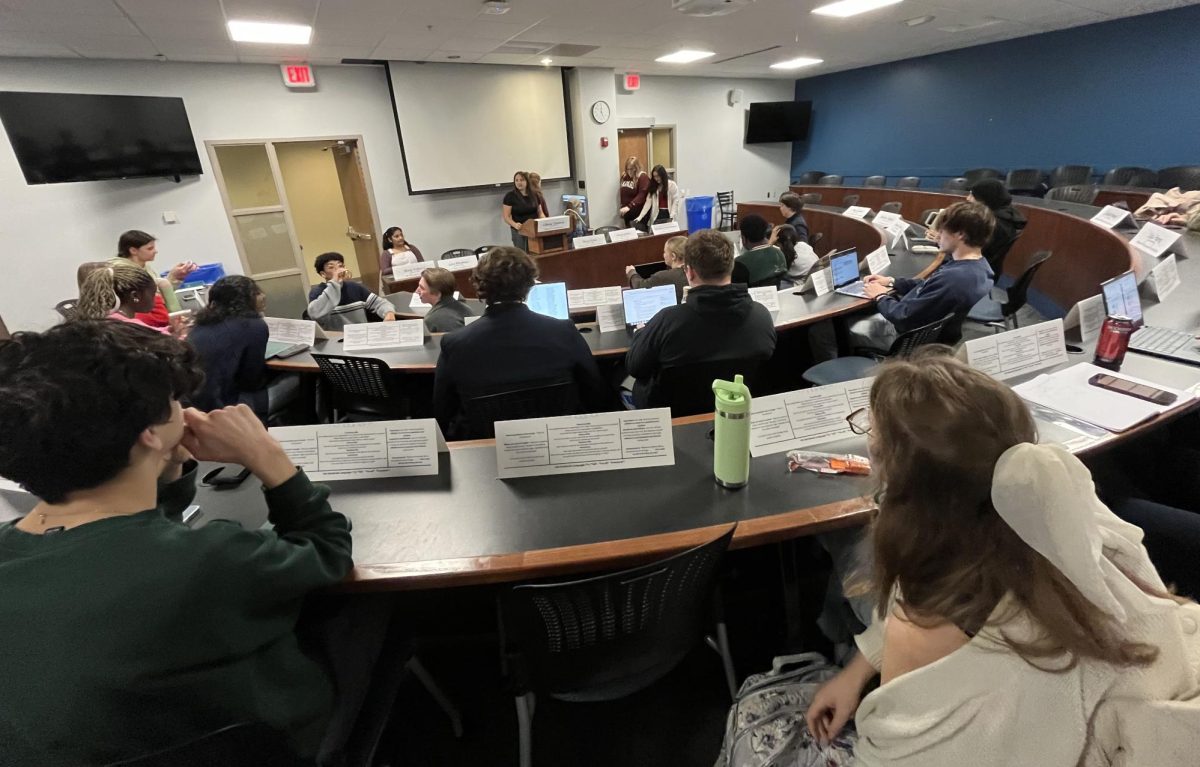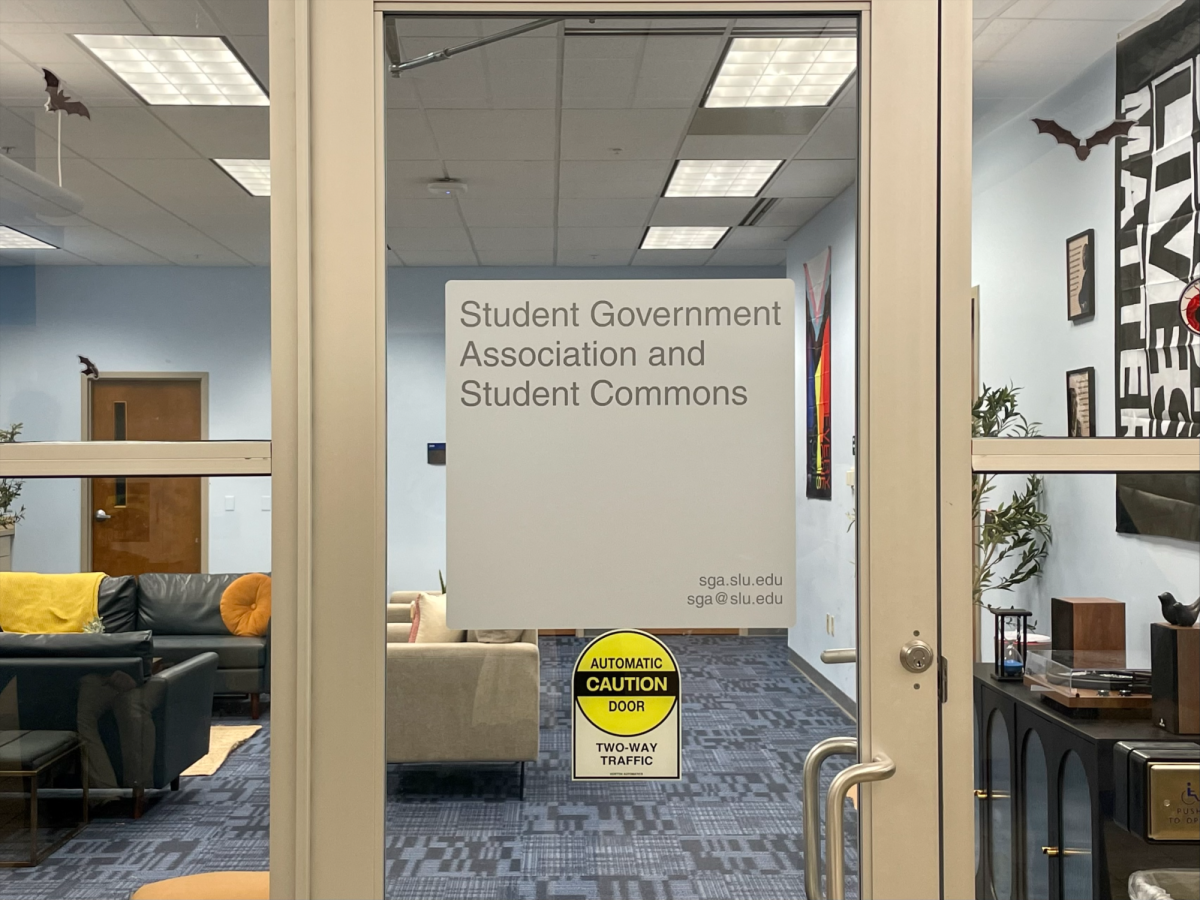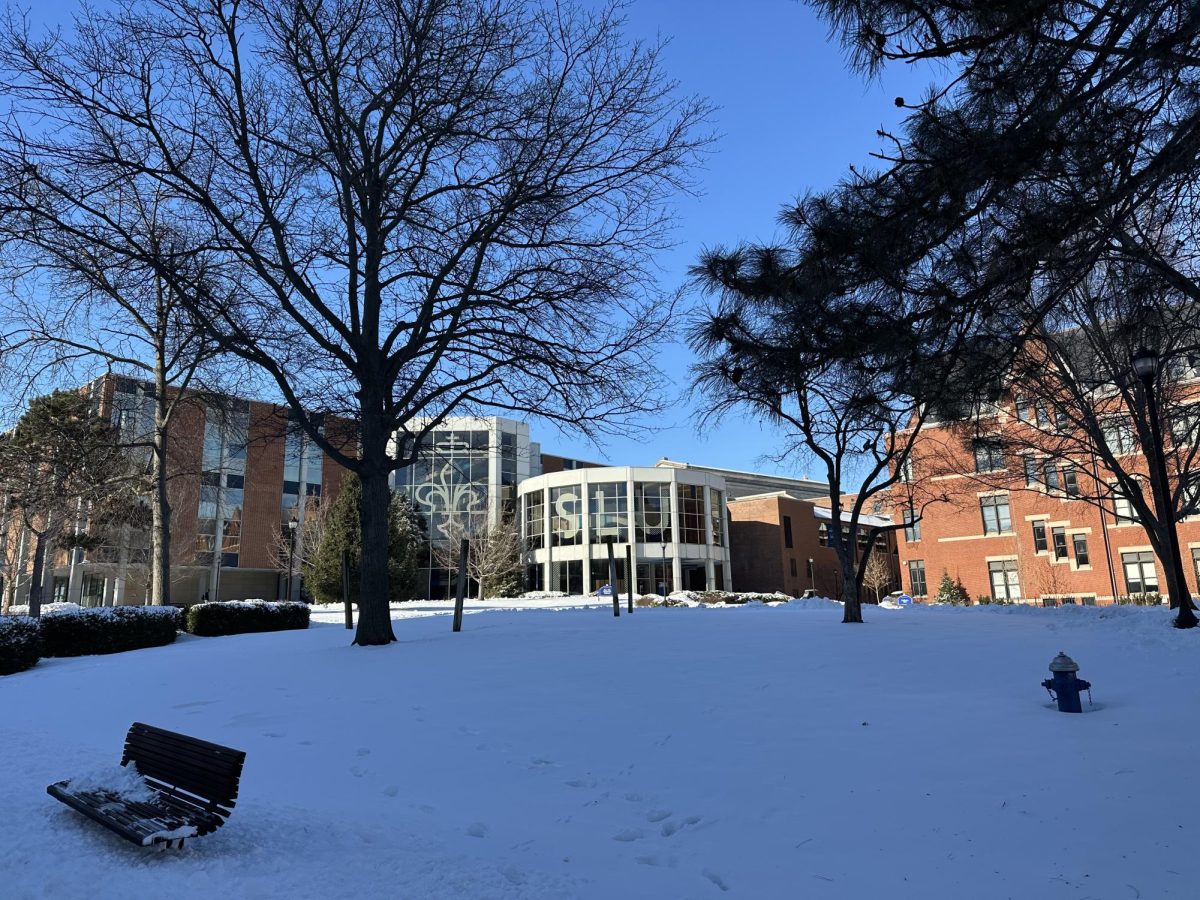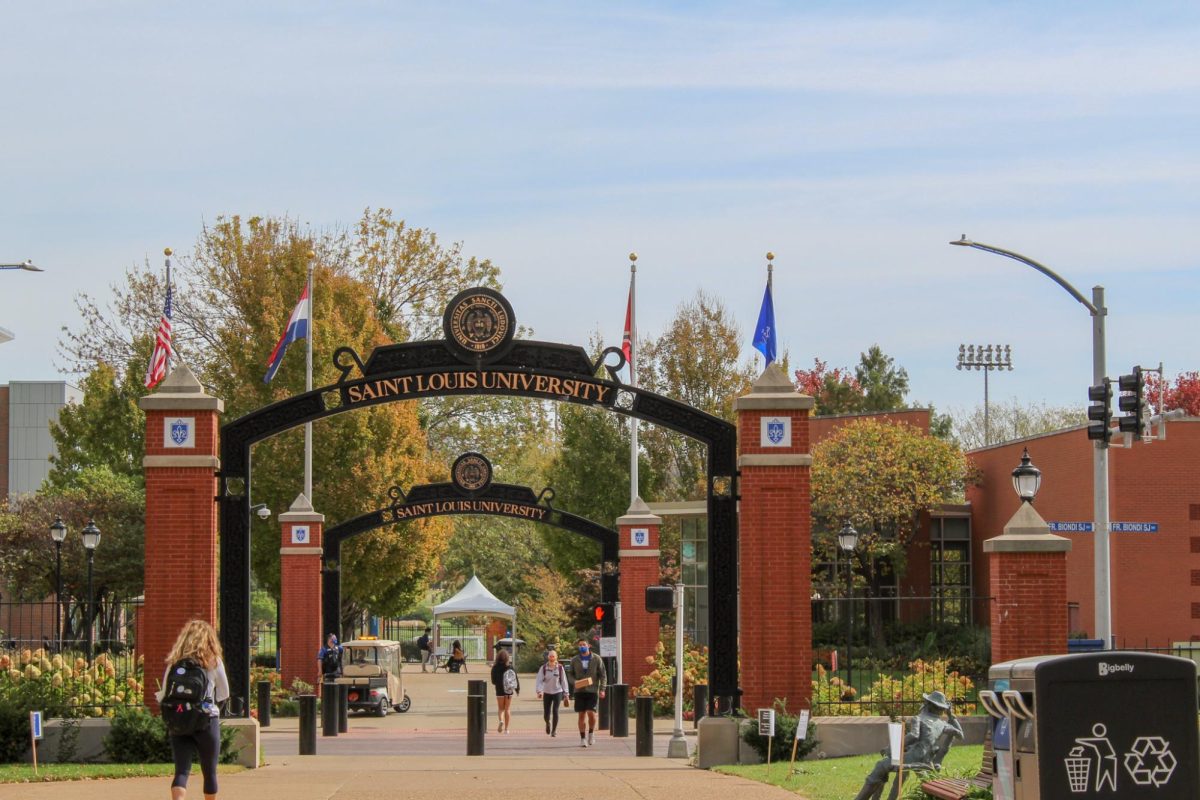The 18-month legal struggle between Saint Louis University and tenured communication professor Avis Meyer concluded on Monday, March 2 with a settlement approved by a federal judge.
As a part of the settlement, Meyer has agreed to teach one summer school class without compensation-the equivalent of $6,000.
“This was a long ordeal and I am glad it is over,” Meyer said. “I think this could have been settled much more amiably and much earlier, but that’s not the way it happened.”
Meyer has served as The University News’ adviser and is currently recognized by the staff as its faculty mentor.
Judge Carol Jackson ordered Meyer to somehow compensate SLU due to the University’s complaints over his destruction of e-mails regarding the case.
“The University clearly sees the judgment by the court as a victory,” University spokesman Jeff Fowler said.
The University believes the first six counts against Meyer would have held up if those e-mails hadn’t been deleted.
“The judge was upset that Dr. Meyer destroyed evidence in the case,” Fowler said. “We feel the six counts were dismissed because he deleted the e-mail evidence.”
According to Fowler, no decision has been made as to whether the University will appeal the dismissal of the first six counts. Additional sanctions may take place over the deletion of e-mail evidence.
After more than five hours of discussion between the two sides, an agreement was made that Meyer would teach one summer school class with no pay.
The University also demanded that Meyer’s wife sign a document stating that she would pay $6,000 to the University if Meyer were unable to teach the class.
“I was amazed that they asked my wife, a fourth grade school teacher at a Catholic school, to sign a document saying if something happens to me she owes Saint Louis U. six grand,” Meyer said.
As part of the settlement, Meyer continues to be banned from visiting The University News office on the third floor of the Busch Student Center.
“The University News feels, as stated in past editorials, that it is tragic for our group that Meyer will not be allowed in the newsroom,” University News Editor-in-Chief Adam Tamburin said.
When University officials proposed changes to the student newspaper’s charter in 2007, many on the newspaper staff believed that the University administration was trying to take control of the publication.
The University administration at the time replied they were just trying to improve the quality of the paper.
In October 2007, the University sued Meyer for trade mark infringement a month and a half after he created a nonprofit entity with the Missouri Secretary of State’s office named, “The University News, a Student Voice Serving Saint Louis University Since 1921.”
The nonprofit organization dissolved approximately a week after the organization was filed.
Meyer dissolved the organization after the University and the student newspaper reached a mutual agreement on a new charter and the students chose not to take the paper off campus.
The University sued Meyer to make sure he wouldn’t use the University’s name in the future.
“This is all on Dr. Meyer; if he hadn’t violated the law by attempting to take our name we wouldn’t have had to go to court,” Fowler said.
In court, Meyer claimed he created the nonprofit organization during the charter dispute, because he wanted to reserve the name of the paper.
Meyer said this was a precaution in case the students did not agree with the University’s terms in the new charter and could then move the publication off campus.
“I wanted to save the name for the students in case they didn’t agree with what the administration put in the new charter,” Meyer said. “It was the students’ call and they chose to keep the paper on campus, and I dissolved the organization.”
With an 18-month case, the financial toll of legal fees has hit Meyer as well as the University.
“Whatever amount the University spent?wouldn’t have been spent?if?Dr. Meyer?had provided assurances to the University that he wouldn’t take our name in the future,” Fowler said.
Meyer also felt that this ordeal could have met an agreement sooner with less expense than it turned out to be.
“It seems to me this could have been settled much less expensively for both sides than it was,” Meyer said.








